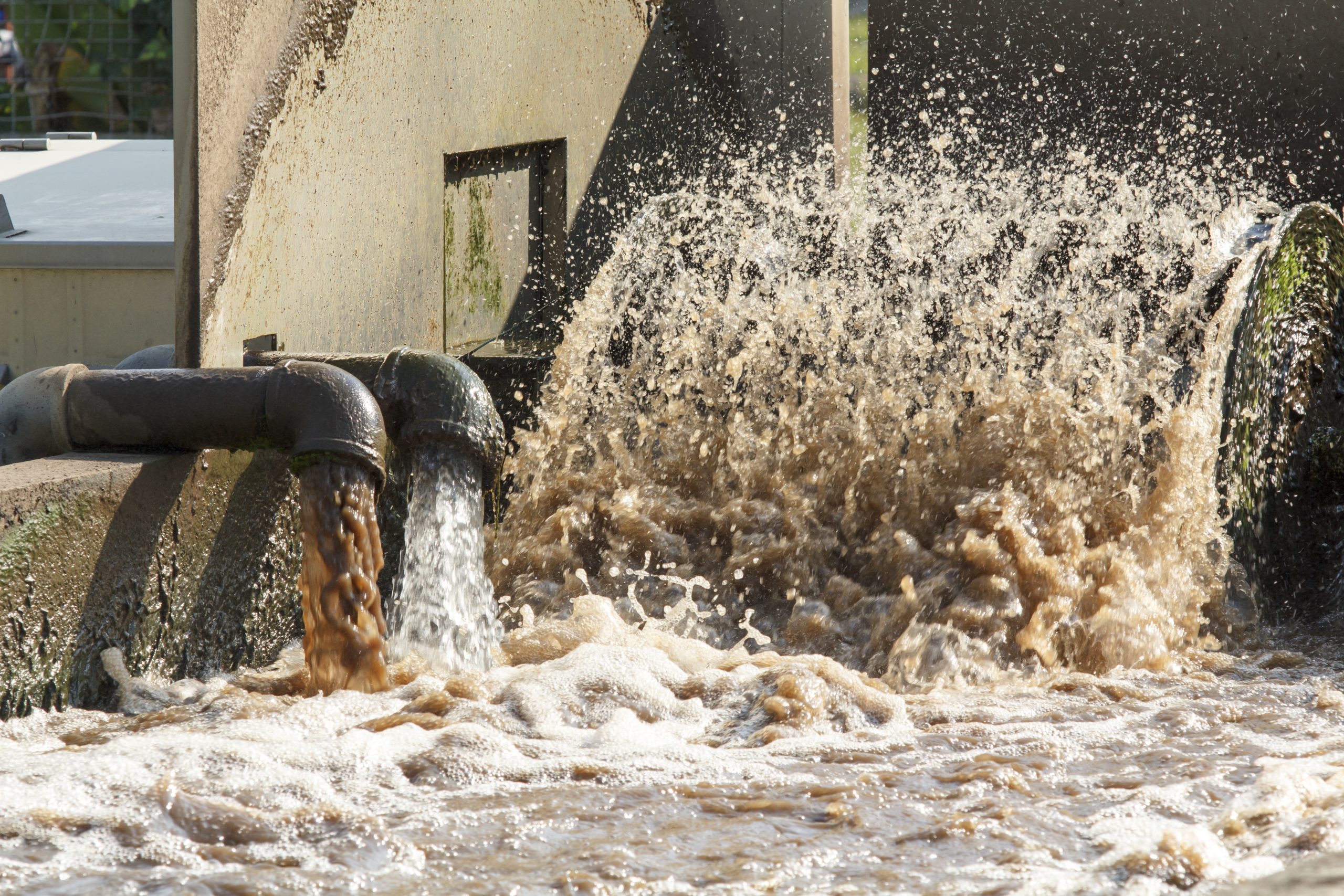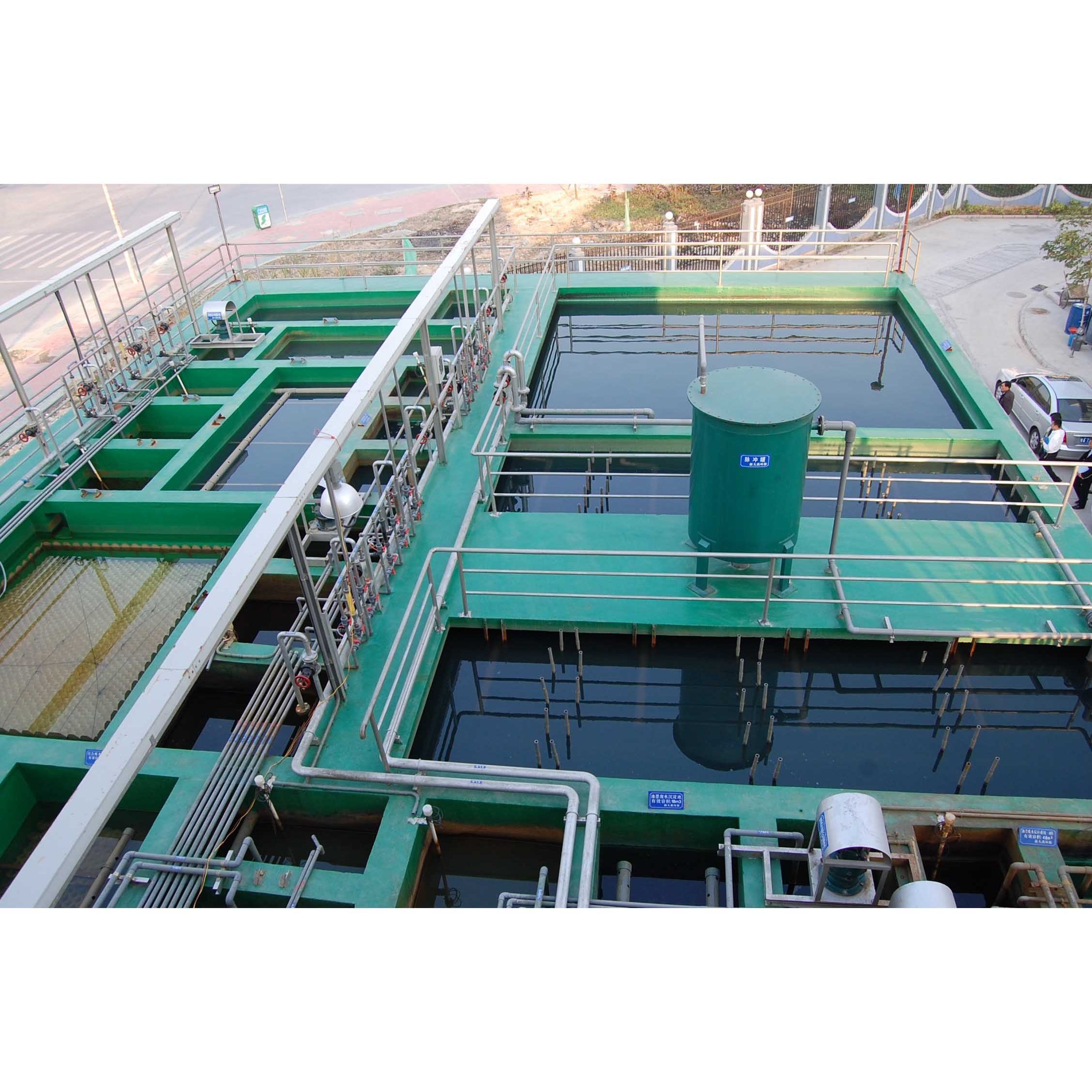Industrial Waste Water Treatment-- Reliable Waste Monitoring for Manufacturing Facilities
Industrial Waste Water Treatment-- Reliable Waste Monitoring for Manufacturing Facilities
Blog Article
Innovations and Breakthroughs in Industrial Waste Water Therapy Technologies
The landscape of industrial wastewater treatment is undergoing a transformative shift, driven by developments that enhance both efficiency and sustainability. As regulatory standards evolve, the combination of AI and maker discovering right into wastewater administration systems guarantees to improve operations and guarantee conformity.
Review of Drainage Treatment Technologies
Wastewater treatment technologies incorporate a series of techniques developed to remove impurities from commercial effluents before their release right into the atmosphere. These technologies are critical for keeping environmental balance and ensuring conformity with ecological policies. The key groups of wastewater treatment consist of physical, chemical, and organic methods, each offering unique objectives based on the nature of the contaminants existing.

Biological treatment approaches employ bacteria to deteriorate raw material, making them particularly reliable for organic-rich effluents. Methods like activated sludge and biofilm activators harness the natural deterioration capabilities of bacteria, leading to substantial decreases in biochemical oxygen demand (BODY)
Advanced Filtering Strategies
Advanced filtering techniques stand for an important evolution in the world of industrial wastewater therapy, improving the effectiveness of impurity elimination processes. Industrial Waste Water Treatment. These methods encompass a variety of modern technologies, including microfiltration, ultrafiltration, nanofiltration, and reverse osmosis, which give sequential barriers for various particle sizes and chemical frameworks
Microfiltration and ultrafiltration use membrane layer systems to remove put on hold solids, bacteria, and bigger natural molecules, boosting the quality of effluent prior to more treatment. Nanofiltration links the space between ultrafiltration and turn around osmosis, effectively eliminating natural substances and divalent ions, therefore minimizing the tons on downstream procedures.
Reverse osmosis provides the highest degree of purification by permitting only water and little molecules to pass through its semi-permeable membranes, making it ideal for recovering premium water from industrial effluents. Current advancements in membrane layer modern technology, consisting of the advancement of even more sturdy and fouling-resistant products, have actually substantially boosted functional effectiveness and minimized costs.
Including these innovative filtering strategies not only improves the total treatment procedure yet likewise contributes to sustainability initiatives by enabling water reuse and source healing in commercial setups. (Industrial Waste Water Treatment)
Biological Therapy Technologies

In addition, the growth of engineered biological systems, such as membrane bioreactors (MBRs), combines biological treatment with sophisticated membrane layer filtering. This integration enables for greater effluent top quality and lowered footprint, making it ideal for space-constrained view it industrial facilities. Developments in genetically crafted microbes have actually likewise arised, improving the biodegradation of details pollutants, such as pharmaceuticals and hefty steels, that are generally challenging to remove.
In addition, the execution of bioaugmentation approaches, where useful microorganisms are introduced to boost the existing organic therapy processes, has actually revealed promising outcomes in boosting treatment performance. These developments jointly symbolize a fad towards more lasting and reliable biological therapy approaches that can adjust to the evolving complexities of commercial wastewater streams. As industries proceed to focus on environmental compliance, these organic advancements will play an essential role in wastewater management.

Resource Recovery Methods
In commercial setups, the combination of resource recovery methods has actually ended up being increasingly essential for improving sustainability and minimizing waste. These techniques focus on drawing out valuable materials and power from wastewater streams, thus changing potential contaminants right into recyclable sources.
One popular strategy is nutrient healing, where nitrogen and phosphorus, frequently existing over in wastewater, are captured and transformed into fertilizers. This not just lowers ecological impacts however also supplies a round economy option for farming applications. Additionally, innovations such as anaerobic food digestion allow for the conversion of organic waste into biogas, an eco-friendly power resource that can offset fossil fuel usage in commercial operations.
Additionally, progressed purification and membrane modern technologies facilitate the additional reading recovery of commercial by-products such as salts and metals. These recovered products can be reintegrated right into manufacturing procedures, reducing the demand for virgin sources.
Future Fads in Waste Water Administration
As markets increasingly prioritize sustainability, the future of wastewater management is readied to undergo significant makeovers. Technological improvements, such as man-made knowledge and device discovering, will make it possible for a lot more reliable monitoring and administration of wastewater systems. These technologies can predict upkeep requirements, optimize treatment processes, and improve decision-making, eventually decreasing functional expenses and environmental impact.
Moreover, the combination of round economic climate principles will play a crucial duty in wastewater monitoring. Industries are anticipated to shift towards systems that not just treat wastewater but additionally recoup important sources, such as nutrients, water, and energy. This transition will certainly lessen waste and promote the reuse of materials, straightening with worldwide sustainability goals.
Arising treatment techniques, such as membrane layer bioreactors and advanced oxidation procedures, will even more enhance the performance of wastewater treatment, allowing for greater high quality effluents ideal for reuse. Furthermore, regulatory structures are likely to advance, highlighting more stringent requirements for wastewater discharge and motivating markets to take on innovative treatment options.
Conclusion
In verdict, the development of commercial wastewater therapy innovations shows a considerable change towards boosted performance and sustainability (Industrial Waste Water Treatment). Advancements in innovative purification strategies, organic treatments, and source healing approaches highlight the sector's commitment to environmental stewardship.
The landscape of industrial wastewater therapy is undergoing a transformative shift, driven by innovations that boost both efficiency and sustainability.Wastewater therapy modern technologies encompass a range of methods created to eliminate contaminants from industrial effluents prior to their launch into the environment.Harnessing the power of biological processes has led to significant innovations in the treatment of commercial wastewater.In addition, the application of bioaugmentation techniques, where useful microorganisms are introduced to enhance the existing organic therapy processes, has revealed appealing results in improving therapy efficiency. These developments collectively indicate a fad in the direction of even more lasting and efficient biological therapy techniques that can adapt to the evolving intricacies of commercial wastewater streams.
Report this page